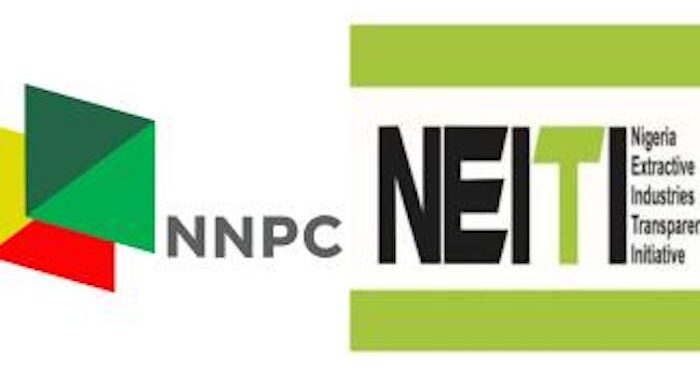The Nigeria Extractive Industries Transparency Initiative (NEITI) has disclosed that the contribution of the Nigerian National Petroleum Company (NNPC) and the Federal Inland Revenue Service (FIRS) to the government declined significantly in 2021. The report by NEITI revealed a 56% drop in NNPC’s contribution and a 10% decrease from FIRS. The reduction in revenue remittances was attributed to a decline in revenue generated from crude oil exports in 2021.
The Fiscal Allocation and Statutory Disbursement (FASD) report covered the period from January 1, 2020, to December 31, 2021. It indicated that federal government revenue-generating agencies remitted approximately N14.38 trillion from the extractive sector to the Federation Account during this period.
Mineral revenue accounted for N6.40 trillion, representing 44.5% of the total remittances, while other non-mineral revenue, excluding Value Added Tax (VAT), contributed N4.80 trillion, about 33.37% of the total remittances.
The report highlighted contributions from different agencies, with the defunct Department of Petroleum Resources (DPR), now NUPRC, accounting for the highest contribution of about N2.71 trillion. FIRS followed with N2.13 trillion, and NNPC contributed N1.55 trillion.
Despite challenges, overall remittances to the Federation Account increased by about 14%. The report was part of an independent assessment of financial transactions in the oil and gas sector, focusing on transparency, accountability, and alignment with core responsibilities.
In terms of disbursements to the three tiers of government, the report showed that a total of about N5.42 trillion was distributed, with the federal government receiving about N2.80 trillion, state governments getting N1.45 trillion, and the 774 Local Government Areas receiving a total of N1.17 trillion.
On a state-by-state basis, Delta, Rivers, Akwa Ibom, and Lagos received the highest allocations, while Gombe, Ogun, Ekiti, Plateau, Cross River, and Osun received the lowest allocations. The South-South Zone had the highest allocation, while the South-East Zone received the lowest.
The report further detailed additional revenue from sources such as exchange gain, excess crude, other non-mineral, solid mineral, and NNPC refunds, amounting to N972.705 billion distributed among the three tiers of government.


